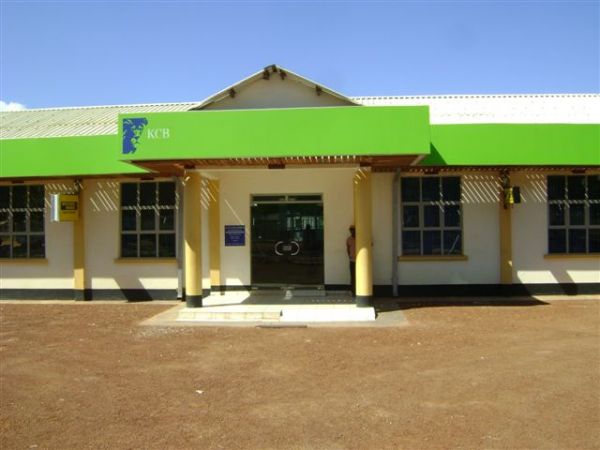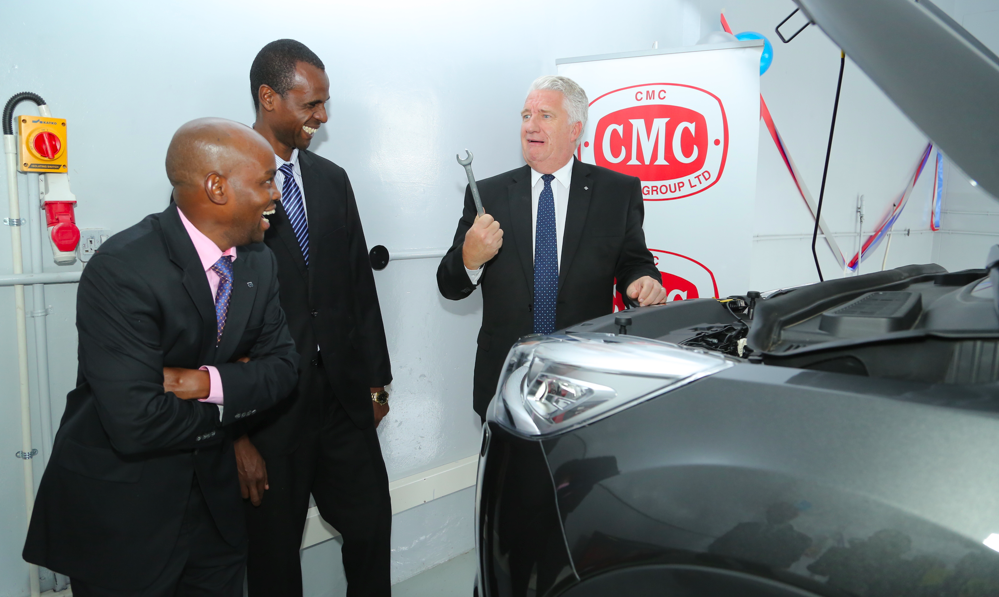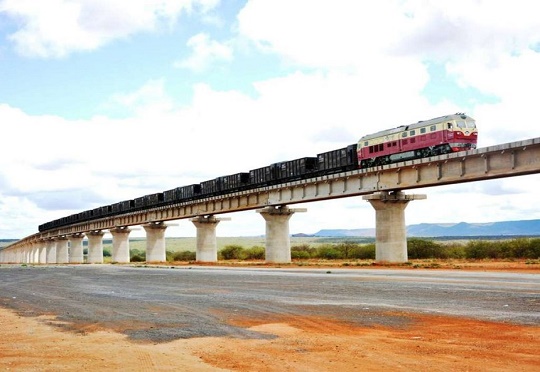A strike by KCB workers in South Sudan is approaching the third week after the management failed to hear them out. The KCB National Staff Association launched the strike on 23rd January 2018 citing low salaries.
“The discussions we had did not bear any fruits. They just asked us to go back to work but they keep on promising which takes a long time. So the staff refused to work until that time comes because there was no offer,” Paul Ajok the chairman of the association was quoted by local media outlets.
In February 2016, the staff had gone on strike demanding a 600 percent pay increase after the devaluation of the South Sudan Pound in 2015. During this strike, the worker’s demands were not granted either.
A teller receives SSP 3000 (equivalent to Sh 16,948.31 at the current exchange rate) and some allowances. However, as the country’s economy continues to deteriorate with the SSP trading at 21,000 for $100 in the black market, life has become unbearably expensive.
“We are demanding for our rights because the standard of living in Juba is costly and our children are not studying and we cannot continue with life this way. We want KCB to look into our issue so that they can give us commensurate payment so that we can continue to support our families,” Paul Ajak, a member of the National Staff Association was quoted by a Sooth Sudan publication.
According to reports, local KCB workers have gone on strike but foreign employees who are mostly Kenyans are still on the job in some towns apart from Juba Town, Nyakuron, and Malakal.
The local staff claim that Kenyan workers in the country received a 600 percent pay increase after the 2015 devaluation.
They say they will only get back to work when their needs are met.




